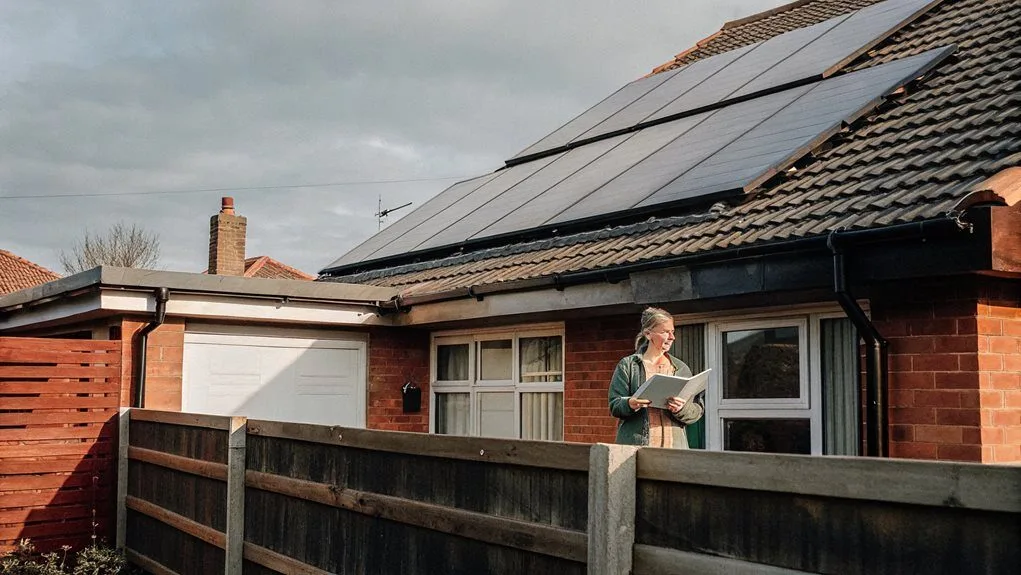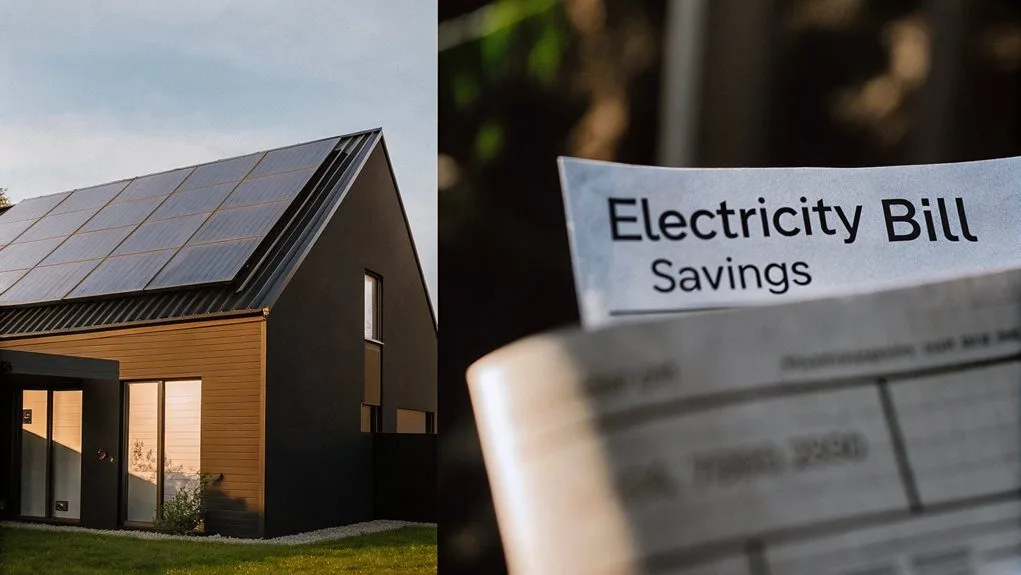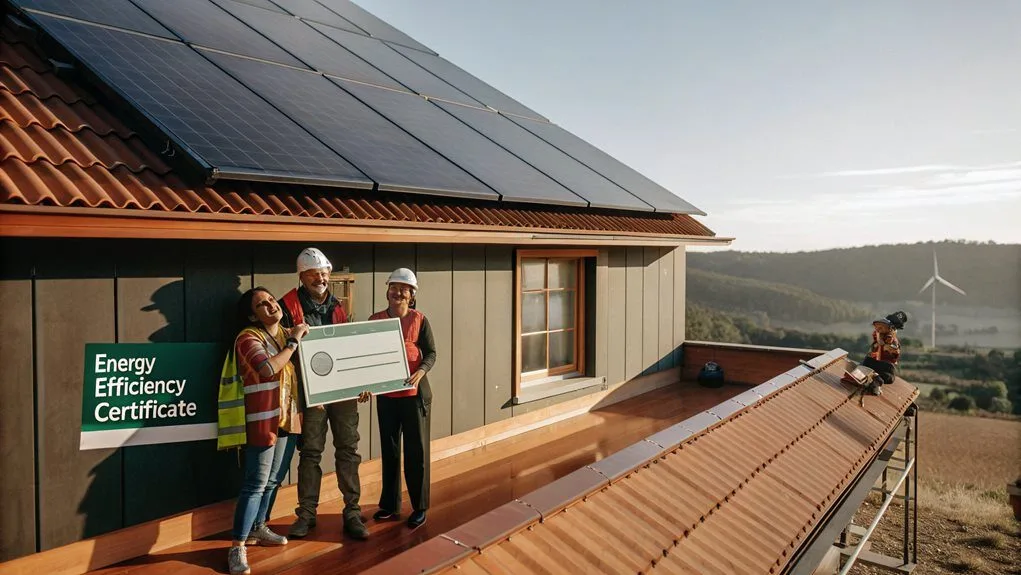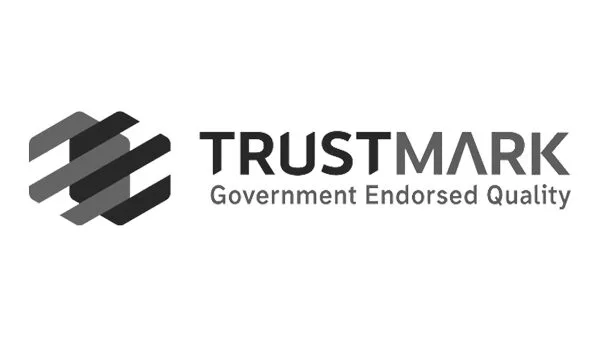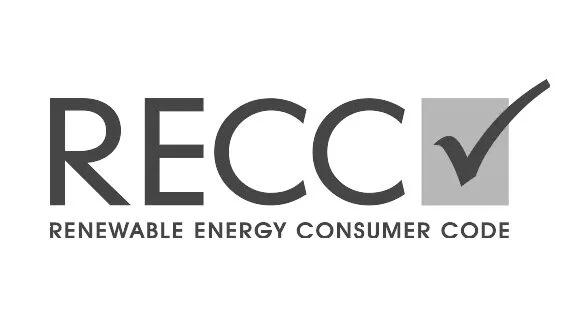Home EV charging offers convenience and economic benefits with costs averaging 17 cents per kilowatt-hour—significantly less than petrol. Installing a Level 2 charger transforms ownership through eliminating public charging visits while government incentives such as the 30% tax credit reduce upfront costs.
Property considerations vary across locations, requiring electrical capacity assessment and proper placement.
When paired with solar panels, homeowners achieve true energy independence and zero emissions. Advanced features like bidirectional charging provide additional value beyond simple refuelling.
The Economics of Home EV Charging vs. Traditional Fueling
While petrol prices continue to fluctuate unpredictably, home EV charging offers a more stable and economical alternative for vehicle owners. At approximately 17 cents per kilowatt-hour, the average charging cost for EVs remains substantially lower than equivalent petrol expenses across most U.S. regions.
The financial advantages extend beyond direct fuel price comparisons:
- Level 2 home chargers, while requiring initial installation of a 240-volt outlet, deliver significant long-term savings.
- EVs eliminate expenses for oil changes, transmission services, and exhaust repairs.
- Regional electricity costs vary, but remain more predictable than volatile petrol prices.
- Luxury EV owners experience particularly dramatic savings when comparing home charging to premium fuel requirements.
Many homeowners can further reduce costs by charging during off-peak hours when electricity rates are lowest.
These economics improve further when paired with available government incentives and special utility rate plans specifically designed for EV owners.
Finding the Perfect Spot: Installation Considerations for Your Property
Once homeowners understand the economic benefits of EV charging, selecting the right installation location becomes the next important step. The ideal charger location balances convenience with practical electrical considerations.
When evaluating potential spots, prioritise:
- Proximity to where you park
- Protection from weather elements
- Visibility for security purposes
- Access to sufficient electrical capacity
Safety considerations must guide your decision-making process. Make sure the installation area minimises tripping hazards from charging cables and provides adequate ventilation.
Furthermore, consult with a licensed electrician to verify your home’s electrical panel can support a Level 2 charger’s requirements. Charging cable length should also be factored in to ensure it can comfortably reach your vehicle’s charging port location.
Remember that local building codes may dictate specific placement requirements, so obtaining proper permits before installation is essential for both compliance and safety.
How Home Charging Transforms Your Daily EV Experience
Four key elements of home charging significantly change the electric vehicle ownership experience, fundamentally altering daily routines for the better.
The shift from public station dependency to home-based charging creates a seamless integration with everyday life, establishing charging routines that feel as natural as charging a smartphone overnight.
Home charging delivers tangible benefits that improve daily convenience:
- Waking to a fully charged vehicle every morning, eliminating range anxiety
- Saving useful time previously spent waiting at public stations
- Reducing costs through scheduled off-peak charging periods
- Maintaining peak battery health through consistent, controlled charging cycles
- Experiencing the satisfaction of powering transportation from your own property
This transformation represents more than convenience—it’s a complete reimagining of vehicle ownership that simplifies life while supporting environmental goals. Many homeowners find that installing EV charging infrastructure increases their property’s market appeal to environmentally conscious buyers.
Pairing Solar Panels With Your EV Charger: the Ultimate Green Solution
Home charging alters the EV experience, but pairing it with solar panels creates a complete ecosystem of sustainable transportation. This integration greatly reduces carbon emissions while providing substantial electricity cost savings over time.
A typical EV requires 8-12 solar panels annually for complete charging, depending on vehicle battery capacity.
Modern systems enhance charging during peak solar production hours (late morning to mid-afternoon) to maximise solar panel efficiency. Some advanced chargers offer Solar Boost Mode that significantly increases charging speeds when excess solar power is available.
When selecting equipment, prioritise:
- Specialised EV chargers designed for solar integration
- Level 2 chargers for faster charging rates
- Charger compatibility with your home’s solar management system
Though initial investment costs exist, the combination of reduced electricity bills and environmental benefits makes solar-powered EV charging an increasingly attractive solution for environmentally conscious homeowners.
Government Incentives Making Home Charging More Affordable
While the upfront cost of installing an EV charger might seem intimidating, numerous government incentives have dramatically reduced these expenses for homeowners across the country.
The Inflation Reduction Act offers a significant 30% tax credit (up to $1,000) on both charger equipment and installation costs when applied to primary residences.
Federal incentives extend through 2032, while state rebates vary by location, creating a strong support system for potential adopters. Homeowners can now easily check if their address qualifies using the 30C Tax Credit Eligibility Locator tool.
- New Jersey offers a $250 rebate for home charger installations
- The IRS Form 8911 allows homeowners to claim applicable tax credits
- Rural and low-income areas receive priority for federal incentives
- Utility companies provide additional rebates and special off-peak charging rates
- The DSIRE database helps homeowners locate incentives by zip code
Future-Proofing Your Home With Smart Charging Technology
Smart charging systems can communicate with your utility provider to avoid charging during peak demand periods, helping stabilize the electrical grid while reducing your energy costs.
Installing a charging system that integrates with home solar panels allows excess solar energy to power your EV, maximizing renewable energy usage and lowering your carbon footprint.
These grid-friendly solutions not only provide immediate benefits but also position your home to take advantage of future utility programs that may offer incentives for flexible charging schedules.
Consumer preferences are prioritized with customizable options that help manage charging based on individual preferences while still supporting overall grid health.
Grid-Friendly Charging Solutions
As electric vehicles become increasingly mainstream, the integration of grid-friendly charging solutions represents a critical step toward sustainable home energy management.
These technologies improve grid optimisation while maximising charging efficiency in residential settings.
Modern grid-friendly charging offers numerous benefits for homeowners:
- Integrated battery storage systems that reduce dependency on grid infrastructure during peak hours
- Smart load management that automatically adjusts charging rates based on household energy usage
- Bidirectional charging capabilities allowing your vehicle to serve as emergency power during outages
- Scheduling features that align charging with periods of renewable energy abundance
- Cost-saving programming that takes advantage of utility time-of-use rates
Solar Integration Benefits
Integrating solar power with home EV charging creates an extensive energy ecosystem that dramatically reduces long-term costs while maximising environmental benefits.
This renewable approach alters vehicles from mere consumers of energy to components of a sustainable home energy strategy.
Solar energy systems paired with EV chargers offer attractive advantages:
- Significant reduction in charging costs after initial investment
- Independence from fluctuating utility rates
- Improved home value appreciation (5-10% on average)
- Reduced carbon footprint through clean energy utilisation
Modern systems refine charging efficiency by intelligently scheduling vehicle charging during peak solar production periods.
When combined with battery storage solutions, homes can maintain charging capability even during night-time or cloudy days, creating a strong, self-sufficient power network that future-proofs against energy market volatility.
Urban vs. Rural Home Charging: Navigating Different Property Challenges
When homeowners consider installing EV charging stations, their geographic location greatly impacts both the challenges they face and the solutions available to them.
Urban charging scenarios often involve multi-unit dwellings with limited parking, while rural charging may require significant electrical infrastructure upgrades.
The property terrain creates distinct considerations:
- Urban residents may need landlord approval or face homeowner association restrictions
- Rural homeowners can utilise open spaces for solar-integrated charging solutions
- City dwellers benefit from proximity to public charging networks as backup options
- Country homes typically require greater initial investment but offer installation flexibility
- Both settings may qualify for different incentive programmes based on regional priorities
Understanding these geographic distinctions helps homeowners develop customised approaches that address their specific charging needs while manoeuvring property limitations.
Ready to Go Green? Power Up Your Sustainability Journey!
Ready to spark your journey towards sustainability? At Ampergia, we specialise in turning green dreams into reality. Whether you’re looking for innovative Solar Power Solutions or powerful Energy Storage & Battery Systems for your home, or aiming to revolutionise your business with Commercial EV Charging, Commercial CHP Systems, Commercial Heat Pumps, or even advanced Solar EV Charging, our dedicated team has you covered. Check out our inspiring Renewable Energy Case Studies and real-life Commercial Renewable Energy Projects to see our impact.
Don’t just take our word for it—browse our glowing Ampergia Customer Reviews! Need guidance? Our comprehensive Energy Consultancy Audits will pinpoint the perfect eco-friendly upgrades. Plus, with UK Green Energy Grants available, sustainability has never been more affordable. Discover more about our Services – Residential, Commercial Energy Solutions, and Industrial Energy Solutions, or simply Contact Ampergia today to join the clean energy revolution!

